The Question Our Employees Are Asking
Last week we talked about coaching others, this week we will have the discussion that those around us are asking.
Has anyone ever asked you the following question…Do you have my back?
Chances are if you have direct reports, they are asking this question about you. They were trying to figure this out the moment they start working for you.
Your direct reports want to know that when the chips are down that you will have their back as long as they are doing what is right and ethical. Far too often in big business employees feel they have to CYA because they do not trust their manager. CYA stands for Cover Your Assets. The A is sometimes shortened.
I have experienced in the issue of having to CYA myself in communications due to a lack of support from managers. It agitated me greatly because I believed I was left to fight for myself. It is a lonely position to be in as a report. Here’s the thing, relationships do not thrive in this kind of environment.
Employees want to know that their managers have their back when the chips are down and that they can reach out to their managers when they need help. Far too many managers are so busy themselves they forget to establish ground rules for trust and communication at the beginning of the relationship. There needs to be a set of ground rules of engagement set up from the beginning. Leaving it up to assumption is a recipe for a bad relationship. There are a few managers out there unfortunately that don’t really care about relationships with their reports and should look to either move on from their position or retire.
When trust and communication are not flowing it becomes like a body of water with no movement. It becomes toxic and everything in it dies. When trust and communication are absent fear also starts setting in. When Fear takes hold, trust and relationships do not flourish, they unfortunately die.
If reports don’t trust their manager, then where does the employee bounce ideas off of to move forward in the correct direction? Where do they expect to get mentorship? Where do these reports learn the correct way of operating for the organization?
Far too often employees have enough of this lack of trust and communication and elect to leave the department, or worse the organization. The intrinsic knowledge that the employee has is also following them right out the door. This then puts the team and management back to start the process over to onboard another employee. If the cycle keeps occurring the manager will be found out and their management will have to discuss options.
The cost of onboarding on average about $4000 per employee. Not to mention the training them on the software and teams that they will need to engage with often. It is also a good to note that it takes about three to six months for the employee to get comfortable in their new role. This means they are slower at the start in their position which also costs money to the organization. Why not work to make sure our reports know that we have their back, how to communicate with us, and build trust.
The answer is setting up guard rails with our direct reports from the beginning to make sure they understand how the trust and communication can work together. Setting these guard rails up will keep everything moving better and work life to improve. Employees need to know that they can trust their leaders. Having that trust and communication will allow the employees to excel and thrive in our organizations.
“Businesses wonder why it is still hard to be thought of as the brand of choice with customers. How can our business make more profitable transactions and stay out of the commodity battle with low profits? I equip your sales team to walk with the customer through the five buying decisions, and in the correct order to generate explosive revenues with greater profits!”
https://drive.google.com/file/d/1lWIVasmkFsoYL4h0AqIZgH6LC3qaw_gI/view?usp=sharing – client profile sheet
https://www.amazon.com/Sales-Process-Uncovered-Success-Influence/dp/0578421518 - Book
